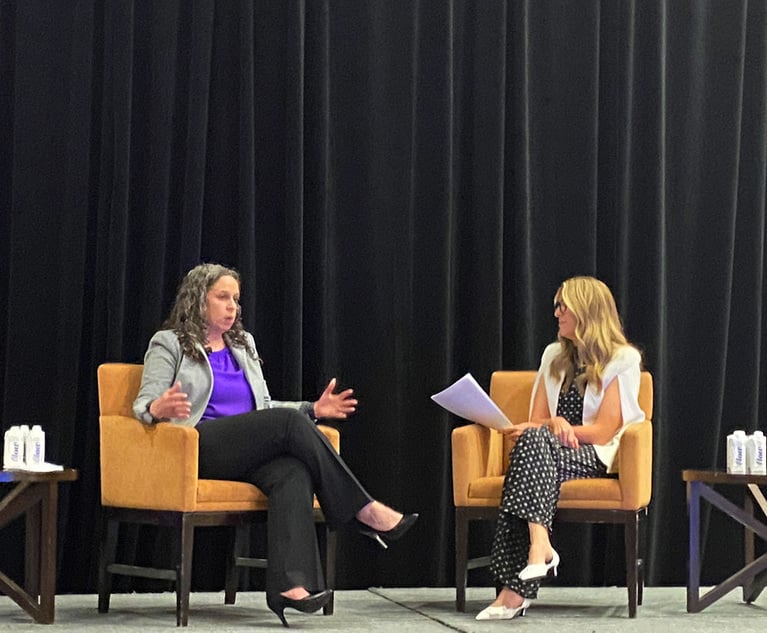Corporate counsel for global businesses often face daunting challenges in navigating a myriad of languages, cultures and legal landscapes to provide business-enabling solutions for their clients. Compounding these challenges, the tools necessary to provide sound legal advice to international clients—the attorney-client privilege and the work product doctrine—often differ, and are sometimes nonexistent, in foreign jurisdictions. This article identifies the privilege issues that corporate counsel must consider and overcome when advising global corporations, including the key differences commonly taken for granted in the United States and often lacking abroad.
In the United States, the attorney-client privilege protects communications between attorneys and clients seeking legal assistance, while the work product doctrine shields materials and mental impressions developed in anticipation of litigation. When used appropriately, these tools protect highly sensitive—and potentially detrimental—communications from discovery by external parties. Critically from the perspective of corporate counsel, these tools empower in-house attorneys to offer forthright and unbiased advice to their clients, enabling business objectives while mitigating risk.


 Credit: Pogonici/iStockphoto.com.
Credit: Pogonici/iStockphoto.com.







